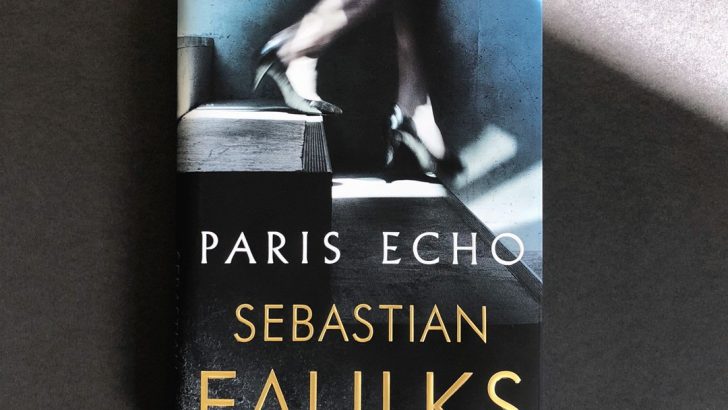Paris Echo
by Sebastian Faulks (Hutchinson. £15.99 / €17)
Peter Hegarty
Faulks’ explores the German occupation (1940-44), a closed subject in France for decades after the wars. That those years were off-limits for so long shows that “the human drive to ignorance…is a force as powerful as its opposite”, as Hannah, one of the two main characters tells us.
She is a scholar who has come to Paris to research the lives of French women under Nazi rule.
She expects – hopes even – to come across accounts of women enduring and surviving hardship and repression while their menfolk toiled in German armaments factories.
But she discovers things that she hadn’t anticipated and struggles to comprehend. An old woman cheerfully recalls denouncing people for money.
She adds that she hates the Jews, whom the French authorities enthusiastically persecuted.
In a recording another old woman speaks fondly of the German officer who fell for her, recalling how her parents encouraged her to accept his invitation to dinner.
Resistance
Her work drives Hannah towards difficult conclusions. French women openly associated with German soldiers. The resistance enjoyed very little support. Many in fact were content with France’s status as a junior ally of Germany.
As the war wore on people almost pitied the occupiers, hollow-cheeked, wraith-like young men broken by their experiences on the Eastern front.
Meanwhile, Hannah’s friend Tariq, an innocent young Moroccan, is making discoveries of his own. Paris, he quickly learns, is a segregated city: his North African workmates would never think of venturing into the wealthy white arrondissements.
They hate the French; the French hate them.
Paris Echoes is a densely-detailed, and elegant exposition of hard truths. One wonders how the book will be received in France.



